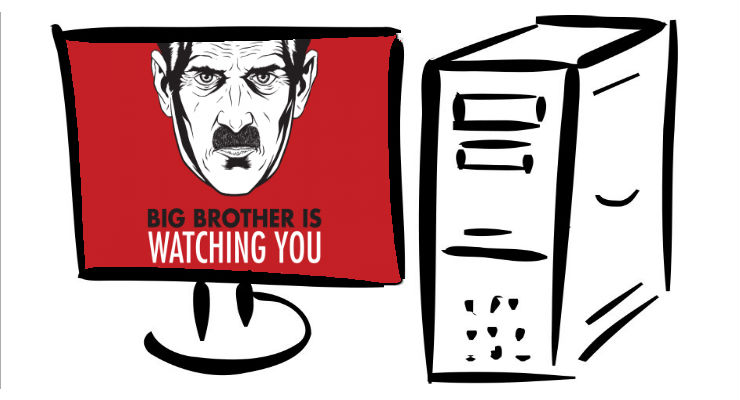
Freedom House report finds third consecutive year for worldwide dwindling internet freedom trend
Democracy, elections and voting at Democracy Chronicles
Freedom House has released 2014’s “Freedom on the Net” report titled, “Tightening the Net: Governments Expand Online Controls“, and covering developments in internet freedom over the last year. Freedom House is an “independent watchdog organization that supports democratic change, monitors the status of freedom around the world, and advocates for democracy and human rights”, although they receive considerable funding from the US government.
Here is the full video of the report’s release. It is about two hours:
Also take a look at this summary:
The fifth annual comprehensive study of internet freedom around the globe, covering developments in 65 countries that occurred between May 2013 and May 2014 finds internet freedom around the world in decline for the fourth consecutive year, with 36 out of 65 countries assessed in the report experiencing a negative trajectory during the coverage period.
In a departure from the past, when most governments preferred a behind-the-scenes approach to internet control, countries rapidly adopted new laws that legitimize existing repression and effectively criminalize online dissent. The past year also saw increased government pressure on independent news websites, which had previously been among the few uninhibited sources of information in many countries, in addition to more people detained or prosecuted for their digital activities than ever before.
Report’s key findings:
- Between May 2013 and May 2014, 41 countries passed or proposed legislation to penalize legitimate forms of speech online, increase government powers to control content, or expand government surveillance capabilities.
- Since May 2013, arrests for online communications pertinent to politics and social issues were documented in 38 of the 65 countries, most notably in the Middle East and North Africa, where detentions occurred in 10 out of the 11 countries examined in the region.
- Pressure on independent news websites, among the few unfettered sources of information in many countries, dramatically increased. Dozens of citizen journalists were attacked while reporting on conflict in Syria and antigovernment protests in Egypt, Turkey and Ukraine. Other governments stepped up licensing and regulation for web platforms.
Despite overall declines in global internet freedom, pushback by civil society was amplified this year by reactions to the NSA surveillance revelations. Awareness of the threats to fundamental rights expanded beyond civil society, as ordinary users around the world became more engaged in securing their privacy and freedom of expression online. In select cases, long-running internet freedom campaigns finally garnered the necessary momentum to succeed.
To view the summary of findings, click here.
To download the full report, including detailed chapters for the 65 countries covered, click here.
To download high resolution map of internet freedom, click here.
Leave a Reply